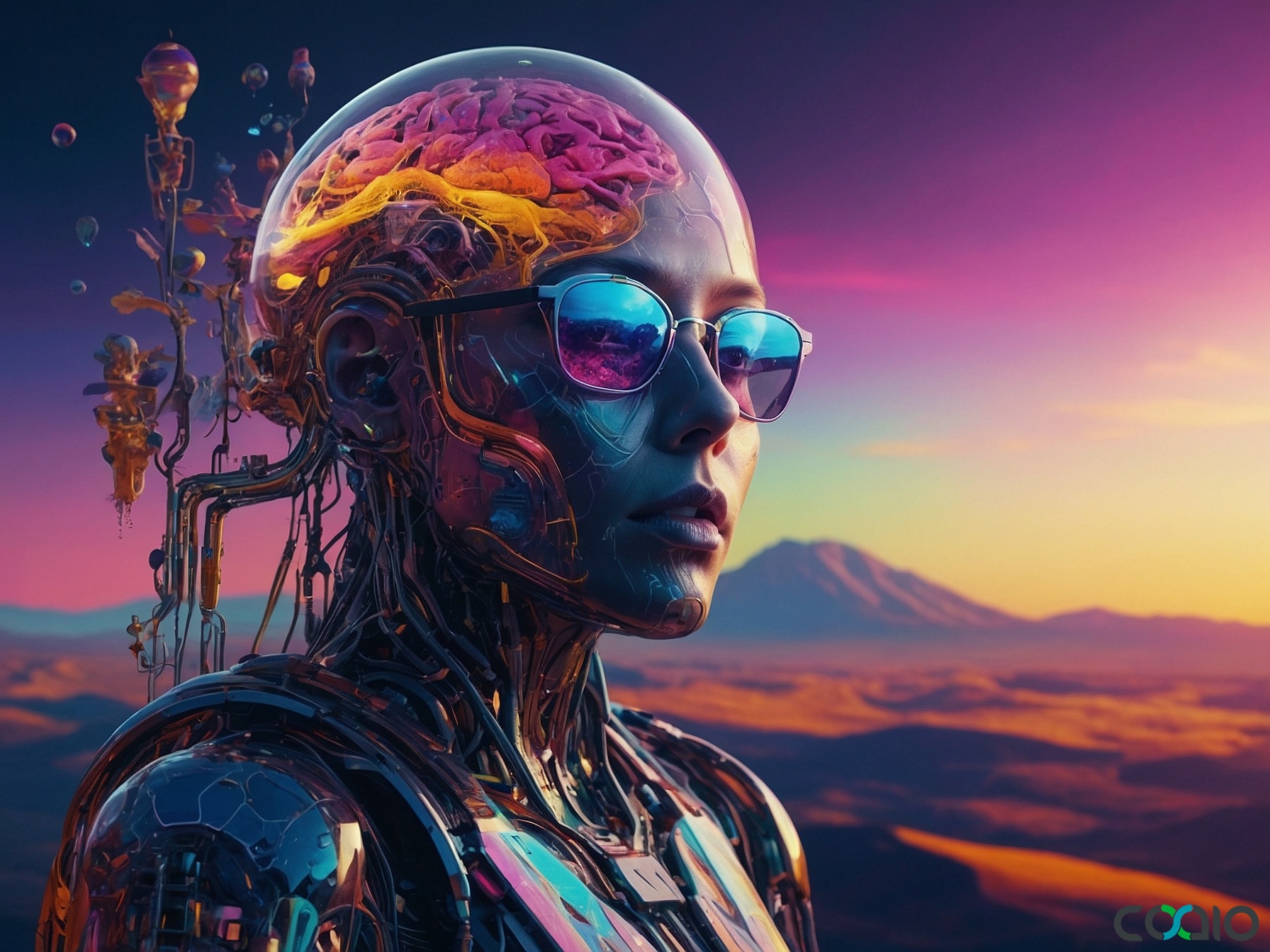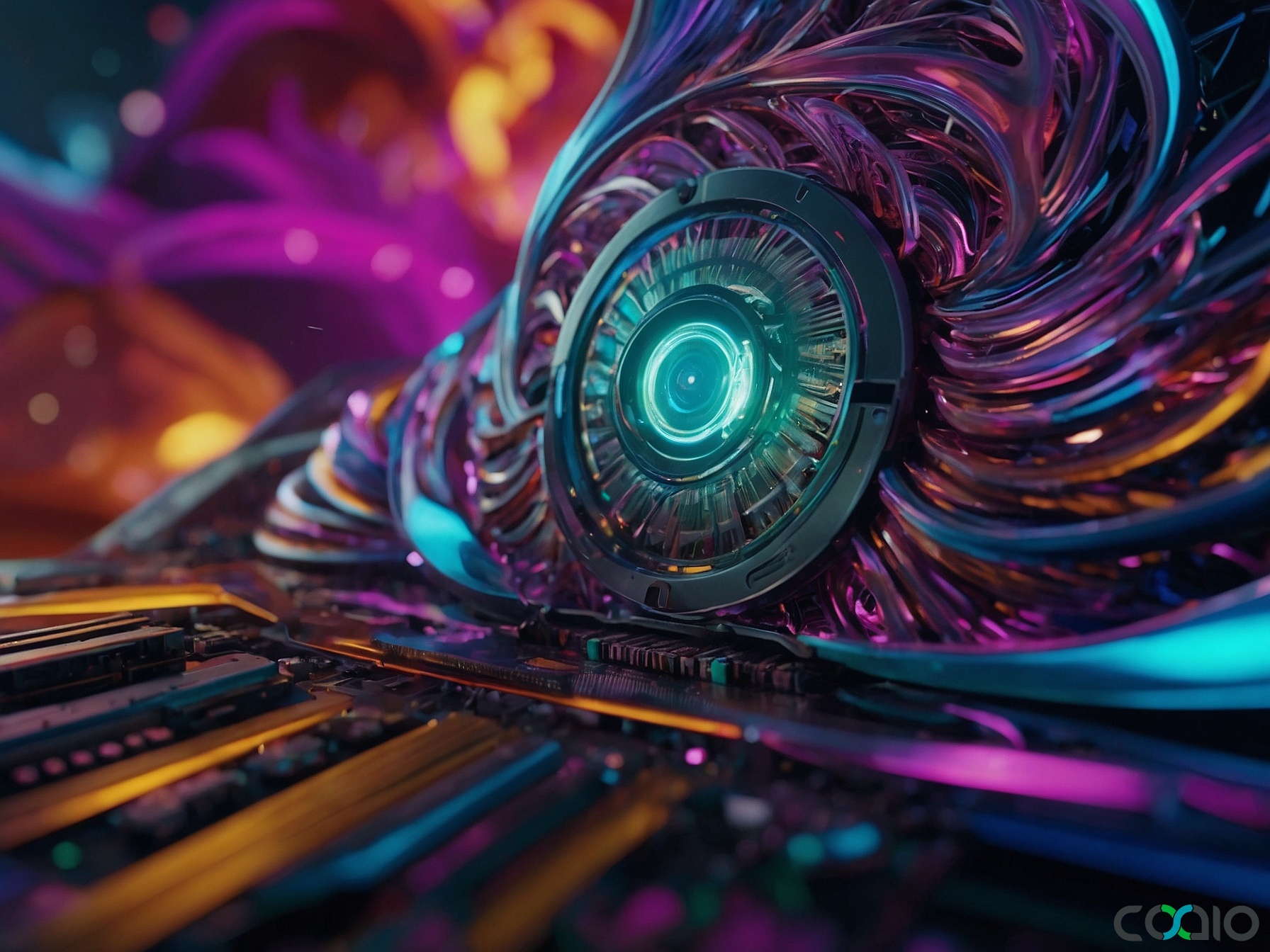
AI-Driven Revolution in Software Development: Key Updates from October 2025
As we dive into the latest developments in software development on October 5, 2025, the tech landscape is buzzing with innovations that are reshaping how we build, secure, and fund digital solutions. From Microsoft’s groundbreaking tools to the dominance of AI in venture capital, this roundup highlights the most pressing news that could influence developers, startups, and enterprises alike. These advancements underscore the rapid evolution of the industry, where AI is not just a tool but a foundational element driving efficiency and creativity.
Microsoft’s Agent Framework: Pioneering AI-Agent Workflows
Microsoft’s recent announcement of the preview for its Agent Framework marks a significant milestone in software development, particularly for those working with AI agents. This open-source development kit, designed for .NET and Python, enables developers to create individual AI agents or complex, graph-based workflows that connect multiple agents seamlessly. According to the details from SD Times, this framework is positioned as a successor to Microsoft’s earlier projects like Semantic Kernel, offering enhanced capabilities for building intelligent systems Read more.
This tool could revolutionize how software teams handle automation and decision-making processes. For instance, developers can now design agents that interact in real-time, making it easier to tackle intricate tasks such as customer service bots or predictive analytics in applications. The framework’s flexibility allows for rapid prototyping, which is especially useful in agile environments where speed is critical. As AI integration becomes standard in software projects, this development kit addresses common pain points like scalability and interoperability, potentially reducing development time by weeks.
The implications extend beyond just tech giants; smaller teams and startups can leverage this to innovate without reinventing the wheel. In a world where AI agents are increasingly used for everything from code generation to data analysis, Microsoft’s move could democratize access to advanced tools, fostering a more collaborative ecosystem. This preview, released on October 2, 2025, is already generating excitement in developer communities, with early feedback highlighting its potential to streamline multi-agent systems.
AI Advances from September: Anthropic’s Claude Sonnet 4.5 Leads the Charge
Shifting focus to broader AI updates, September 2025 brought noteworthy progress in the realm of software engineering models, as detailed in a comprehensive roundup by SD Times. Anthropic’s release of Claude Sonnet 4.5 stands out, with the company boldly claiming it as the “best coding model in the world.” This model excels in building complex agents and achieves an impressive 77.2% on the SWE-bench, a benchmark for software engineering tasks, outperforming previous iterations and competitors Read more.
For software developers, this means access to a tool that can handle intricate coding challenges with greater accuracy, from debugging to generating optimized code. Claude Sonnet 4.5’s strengths in agent-based workflows align perfectly with the growing demand for AI-assisted development, where models can automate routine tasks and allow human developers to focus on creative problem-solving. This advancement is particularly timely as industries push for faster deployment cycles in response to market demands.
The ripple effects of such AI models are profound. They could accelerate software development projects by integrating AI for tasks like code review and testing, potentially cutting costs and errors. As AI models continue to evolve, they highlight the need for robust frameworks like the one Microsoft previewed, creating a synergy that could lead to more innovative software solutions. This September update reflects a trend where AI is not just enhancing existing tools but redefining the software development lifecycle.
Cybersecurity Lapses in South Korea: A Wake-Up Call for Software Security
While AI innovations steal the spotlight, cybersecurity remains a critical concern in software development. TechCrunch reported on a series of data breaches in South Korea, occurring almost monthly, which raises serious questions about the nation’s digital defenses despite its reputation for cutting-edge internet infrastructure Read more. These incidents underscore the vulnerabilities in software systems, especially as AI and connected technologies expand.
For software developers, this news serves as a stark reminder to prioritize security from the ground up. Breaches often stem from overlooked elements in development, such as inadequate encryption or poor risk management in code. South Korea’s challenges highlight global issues, where rapid software deployment can outpace security measures, leading to exploited weaknesses in applications. Developers must now integrate advanced threat detection and AI-driven security protocols to safeguard against evolving cyber threats.
This situation emphasizes the importance of building resilient software architectures. As companies rely more on AI agents and automated workflows, incorporating cybersecurity best practices becomes non-negotiable. The ongoing breaches in South Korea could prompt international regulations, pushing developers to adopt more rigorous testing and ethical AI practices in their projects.
Unionization in the Gig Economy: Implications for Tech Workers
Beyond technical advancements, software development is intertwined with the broader tech ecosystem, including the gig economy. On October 4, 2025, California Governor Gavin Newsom signed a bill granting Uber and Lyft drivers the right to unionize as independent contractors, as covered by TechCrunch Read more. While this might seem peripheral to software development, it has ripple effects for developers working on platforms that support gig-based services.
Software teams building apps for ride-hailing or similar sectors must now consider how labor laws impact user experiences and backend systems. For instance, unionization could lead to changes in app features, such as better dispute resolution tools or enhanced data privacy for workers. This development highlights the human element in software, reminding developers that their code affects real lives and labor conditions.
As a result, software projects in the gig economy may require more collaborative input from non-technical stakeholders, integrating features that promote fairness and transparency. This could influence how AI agents are programmed, ensuring they align with ethical standards and regulatory requirements, thereby fostering more sustainable development practices.
The AI Investment Boom: Challenges for Non-AI Startups
Finally, the dominance of AI in venture capital investments is reshaping the funding landscape for software development. According to TechCrunch, data from PitchBook shows that 2025 is on track to be the first year where AI startups capture more than half of all VC funding Read more. This trend poses both opportunities and barriers for software developers.
AI-focused projects are attracting massive investments, enabling rapid advancements in tools like those from Microsoft and Anthropic. However, non-AI software ventures might struggle to secure funding, pushing developers to incorporate AI elements into their proposals to stay competitive. This shift could lead to a more AI-centric industry, where software development increasingly revolves around intelligent systems.
For startups, this means prioritizing AI integration early in the development process to appeal to investors. It’s a double-edged sword: while it accelerates innovation, it also risks homogenizing the market. Developers must navigate this by focusing on hybrid solutions that blend AI with other technologies, ensuring their projects remain viable in a funding environment dominated by AI hype.
In wrapping up this exploration of October 2025’s tech news, it’s inspiring to think about how these developments align with a vision for empowering innovators. Imagine a world where cutting-edge tools like AI frameworks and secure development practices are accessible to all, allowing creators to bring their ideas to life without getting bogged down by technical hurdles. This mirrors the essence of turning bold visions into reality, much like a dedicated partner who streamlines the path for founders, ensuring their focus stays on innovation rather than operational chaos.
About Coaio
Coaio Limited is a Hong Kong-based tech firm that specializes in outsourcing software development and building expert teams in Vietnam. We offer comprehensive services including business analysis, competitor research, risk identification, design, development, and project management, delivering cost-effective, high-quality software solutions with user-friendly designs tailored for startups and growth-stage companies in the US and Hong Kong markets. By partnering with us, you can leverage our expertise to minimize risks, optimize resources, and focus on your core vision, making the journey of turning ideas into successful businesses smoother and more efficient.
 English
English
 Français
Français
 Español
Español
 廣東話
廣東話
 中文
中文
 日本語
日本語
 한국어
한국어
 العربية
العربية
 Deutsch
Deutsch
